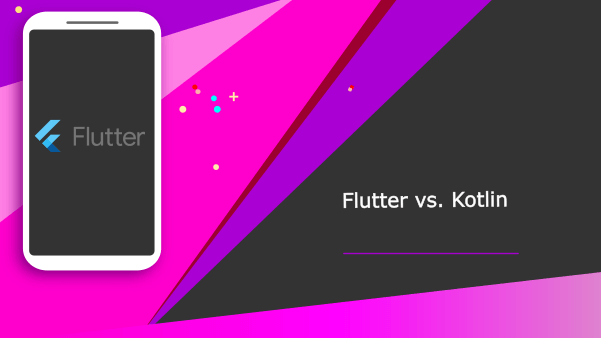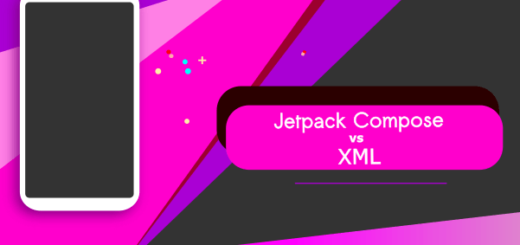Flutter vs Kotlin :Decoding Your App Development Choice
In the world of mobile app development, the decision between Flutter and Kotlin holds the power to profoundly influence your project’s success. These two technologies each come with their unique strengths and weaknesses. Consequently, it becomes essential to choose the one that most closely aligns with the specific needs of your project. In this article, we’ll dive deep into the Flutter vs Kotlin development challenge.

Flutter vs Kotlin : Who is the cross-platform champion?
Flutter, developed by Google, is a powerful open-source UI software development toolkit. It’s renowned for its ability to create natively compiled applications for mobile, web, and desktop from a single codebase. Flutter uses Dart as its programming language and boasts a rich set of pre-designed widgets that make building beautiful and responsive user interfaces a breeze.
Advantages of Flutter
Cross-Platform Compatibility: One of Flutter’s standout features is its cross-platform compatibility. You can write code once and run it on both Android and iOS platforms, reducing development time and costs significantly.
Rich Widgets: Flutter offers a wide range of customizable widgets, enabling developers to create stunning and consistent user interfaces across different platforms.

Kotlin: The Native Powerhouse
On the other hand, JetBrains developed Kotlin, a statically typed, modern programming language. It’s fully interoperable with Java, making it a top choice for Android app development. Kotlin offers concise syntax and robust safety features, making it easier to write clean and maintainable code.
Advantages of Kotlin
First-Class Android Support: Google officially supports Kotlin for Android app development. It enables seamless integration with existing Java codebases, allowing developers to gradually transition to Kotlin.
Safety and Conciseness: Kotlin’s null safety features and concise syntax reduce the chances of runtime errors and make code easier to read and maintain.
Interoperability: Developers can use Kotlin alongside Java in the same project, providing them with the flexibility to leverage existing Java libraries and frameworks.
Flutter vs Kotlin: Which One to Choose?
Considerations for Flutter
Complex UIs: If your app requires intricate and highly customized user interfaces, Flutter’s widget-based architecture is a strong advantage.
Cross-Platform Development: If you aim to release your app on both Android and iOS with minimal code duplication, Flutter is the way to go.
Considerations for Kotlin
Android-Centric: If your primary focus is Android app development, Kotlin is a natural choice due to its official support and robust tooling.
Legacy Code: If your project involves working with an existing Java codebase, Kotlin’s seamless interoperability can streamline the development process.
Verdict
Flutter excels in cross-platform development with rich UIs, while Kotlin shines as the preferred language for Android app development. Consider your project’s requirements and the strengths of each technology to make an informed decision. Whichever path you choose, both Flutter and Kotlin offer powerful tools for building successful mobile applications.



